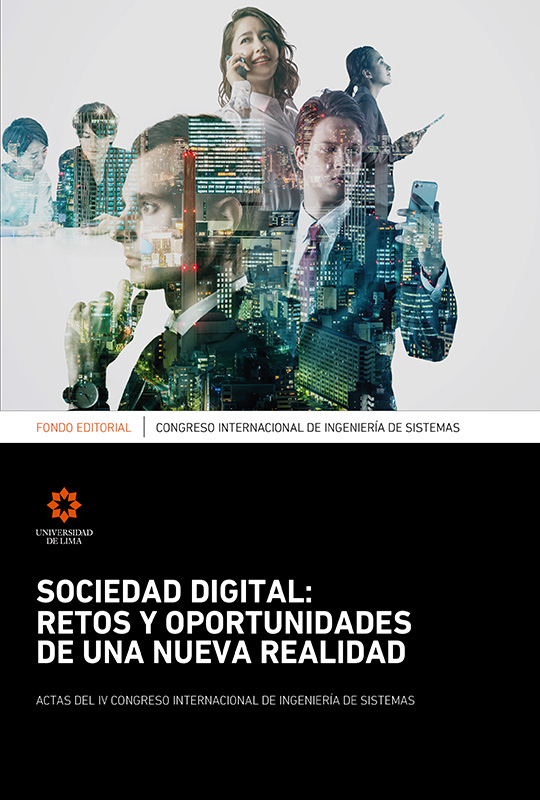Agility without romanticism: the profile of a leader
DOI:
https://doi.org/10.26439/ciis2021.5580Keywords:
agile, agilit, agile mindset, leadership, motivation, The Big Five, model of The Big Five, psychology, organizational politicsAbstract
This study describes the most common problems when managing a project applying an agile framework, and putting the agile mindset into practice. It will also describe those personality traits necessary to overcome these obstacles that every project leader should have as part of their professional profile. Finally, it will be explained how these characteristics can considerably increase the chances of success of the project and the leader himself in his professional career.
Downloads
References
Boudreau, J. W., Boswell, W. R., y Judge, T. A. (1999). Effects of Personality on Executive Career Success in the U.S. and Europe. Cornell University, School of Industrial and Labor Relations, Center for Advanced Human Resource Studies.
Doldor E. (2017). From Politically Naïve to Politically Mature: Conceptualizing Leaders’ Political Maturation Journey. British Journal of Management, 28(4), 666-686. https://doi.org/10.1111/1467-8551.12219
Dulewicz, V., y Higgs, M. (2005). Assessing Leadership Styles and Organisational Context. Journal of Managerial Psychology, 20(2), 105-123. https://doi.org/10.1108/02683940510579759
Judge, T. A., Cable, D. M., Boudreau, J. W., y Bretz Jr, R. D. (1995). An Empirical Investigation of the Predictors of Executive Career Success. Personnel psychology, 48(3), 485-519.
Lilly, C. [U-M LPDTV]. (2016). Organizational Politics with Catherine Lilly [Archivo de video]. YouTube. https://www.youtube.com/watch?v=ih7eq8bdao4
Lim, A. (2020). The Big Five Personality Traits. Simply Psychology. https://www.simplypsychology.org/big-five-personality.html
Mintzberg, H. (1983) Power in and around Organizations. Prentice Hall, Englewood Cliffs.
Müller, R. y Turner, R. (2010). Leadership Competency Profiles of Successful Project
Managers. International Journal of Project Management, 28(5), 437-448. https://doi.org/10.1016/j.ijproman.2009.09.003
Pfeffer, J. (1992). Understanding Power in Organizations. California Management Review, 34(2), 29-50. https://doi.org/10.1177/000812569203400201
Scaled Agile Framework. (2021). SAFe Lean-Agile Principles. https://www.scaledagileframework.com/safe-lean-agile-principles/






